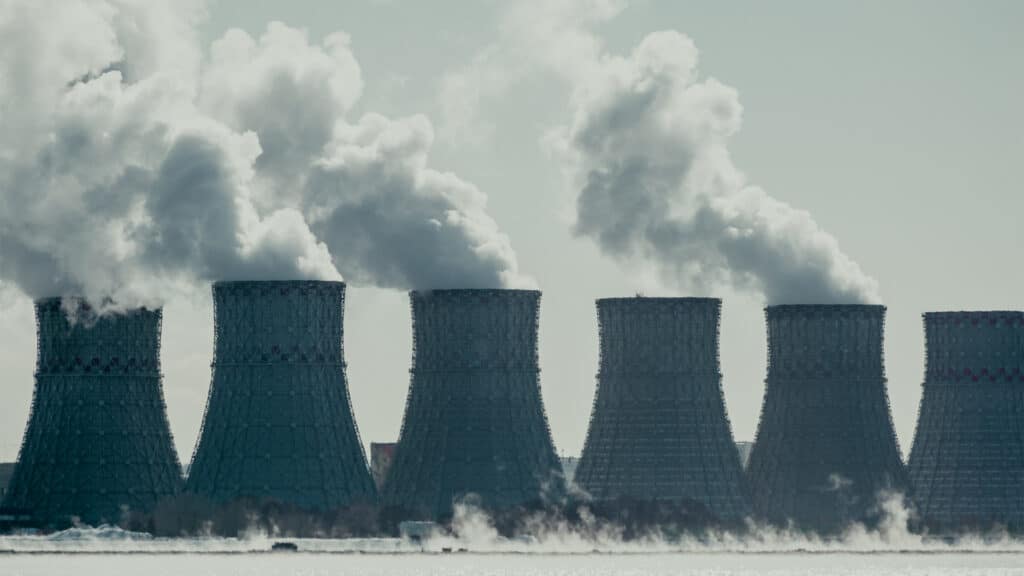
Using AI tools such as ChatGPT to look up «how to be environmentally sustainable» might actually be working against that goal, according to politics writer Lex McMenamin.
That’s because ChatGPT and other large language models carry an environmental cost. Training and operating these systems require massive computing power, and the servers that keep them running must stay cool — often through extensive water use.
More electricity and more water
Notably, the energy demand is also substantial. Although estimates vary, the International Energy Agency reported in 2024 that generating a single ChatGPT response can use nearly 10 times more electricity than a typical Google search that doesn’t include AI-generated summaries.
A 2024 joint analysis by The Washington Post and researchers at the University of California, Riverside, found that producing a 100-word email with ChatGPT-4 consumes roughly the same amount of water as a single plastic bottle (519 milliliters) and enough electricity to power 14 LED lightbulbs for an hour.
As the appetite for AI grows, major tech companies such as Google and Meta are expanding their energy capacity, including through investments in nuclear power. While nuclear energy doesn’t emit greenhouse gases, critics argue that it presents its own risks to both people and ecosystems. Meanwhile, many data centers still depend on carbon-heavy energy sources, including coal.
Reduce your AI footprint
For those who want to cut back on their AI footprint, McMenamin suggests simple steps. One option is to limit AI-generated results in searches — typing «-AI» at the end of a Google query removes the automated summaries from search results. Alternatively, users can switch to privacy-focused search engines such as DuckDuckGo, which don’t rely on AI summaries at all.

